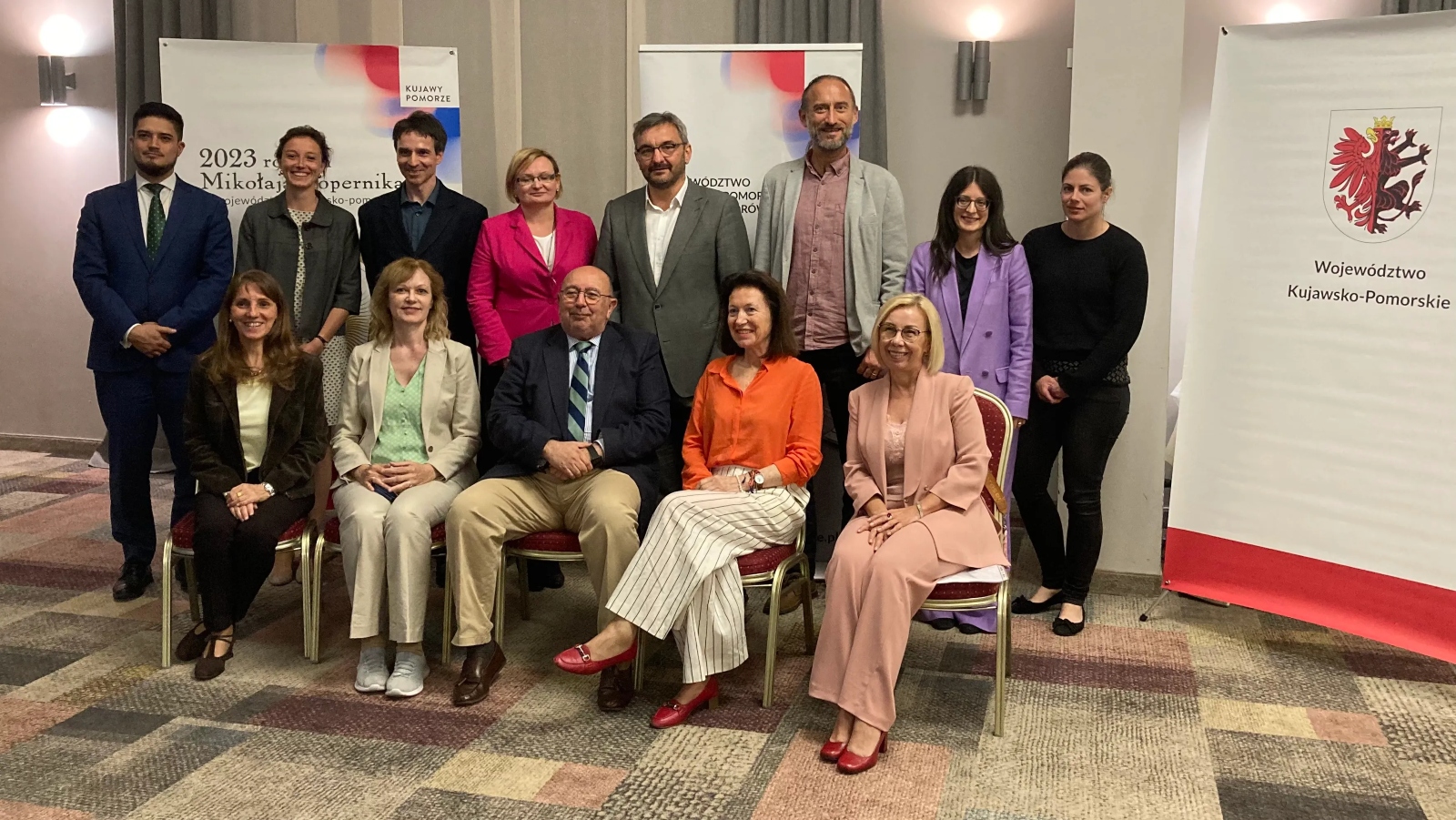
In accordance with United Nations General Assembly resolutions, the preparations for the thirtieth anniversary of the International Year of the Family have been focusing on the analysis of megatrends and their impact on families. Among the megatrends, demographic shifts seem to be the best framework to focus on when referring to the European region and its ageing population. The ageing of Europe, also known as the greying of Europe, is a demographic phenomenon in Europe characterized by a decrease in fertility, a decrease in mortality rate, and a higher life expectancy among European populations.
To be better prepared for the economic and social shifts associated with an ageing population is essential to secure progress towards the achievement of the goals outlined in the 2030 Agenda for Sustainable Development. In order to ensure that progress, various sources point to the family unit and every family-friendly policy supporting the role of its members to better respond to challenges posed by ageing. Trends in population ageing are particularly relevant for those related to the care of older persons, eradicating poverty, ensuring healthy lives and well-being at all ages, promoting gender equality and full and productive employment and decent work for all, reducing inequalities between and within countries, and making cities and human settlements inclusive, safe, resilient and sustainable.
In 1994, the Programme of Action adopted at the International Conference on Population and Development in Cairo recognized population ageing as an irreversible trend and called on Governments and other stakeholders to take advantage of the associated opportunities by helping older people to maintain their economic and social independence, and by providing health care and support through family and other formal and informal safety nets. The family unit and its members are to be supported by policymakers, academics and civil society in designing, implementing and evaluating social policies to better tackle the impact of care necessities in ageing populations. Policymakers should consider how this issue affects the family. What is expected from the family? What is expected from the Governments? What family-oriented and holistic policies could be useful here?
Purpose of the meeting
The meeting, organized by the International Federation for Family Development in cooperation with the Region Kujawsko-Pomorskie and the Focal Point on the Family, DISD/DESA, aims to bring together experts to discuss and explore the issues noted above. The conclusions and recommendations that emerge from the meeting will inform the annual report of the UN Secretary General on the preparations for and celebration of the 30th anniversary of the International Year of the Family. The meeting will take place at Regional Center for Social Policy in Torun, Poland. The meeting discussions and all documentation will be in English.
Concept Note/Agenda/Bio notes of Speakers
Papers and Presentations
-
Families, ageing and health by Elena Curtopassi
-
Families and ageing in Europe by Thomas Fent
-
Population ageing and family well-being in Europe Families, ageing, equality and care by Ignacio Socias
-
Aging and lifelong learning by Mélissa-Asli PETIT
-
Adapting to an Ageing Society: Meeting the Care Challenges in Poland by Jolanta Perek-Białas
-
Behavioural Insights in family policy. An example of the work-family balance concept by Jarosław Przeperski
-
Families, ageing and education (SDG 4) by Irma Rognoni Viader
-
Strengthening care across generations: mitigating risks of family separation through recognition by Rosalind Willi
-
Population Ageing and Family Well-Being in Europe by András Székely
 Welcome to the United Nations
Welcome to the United Nations